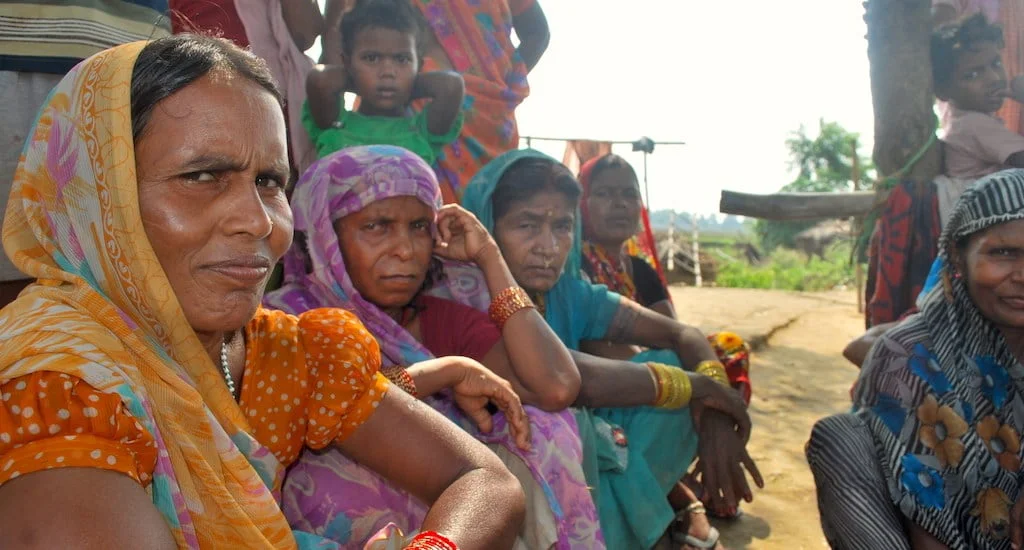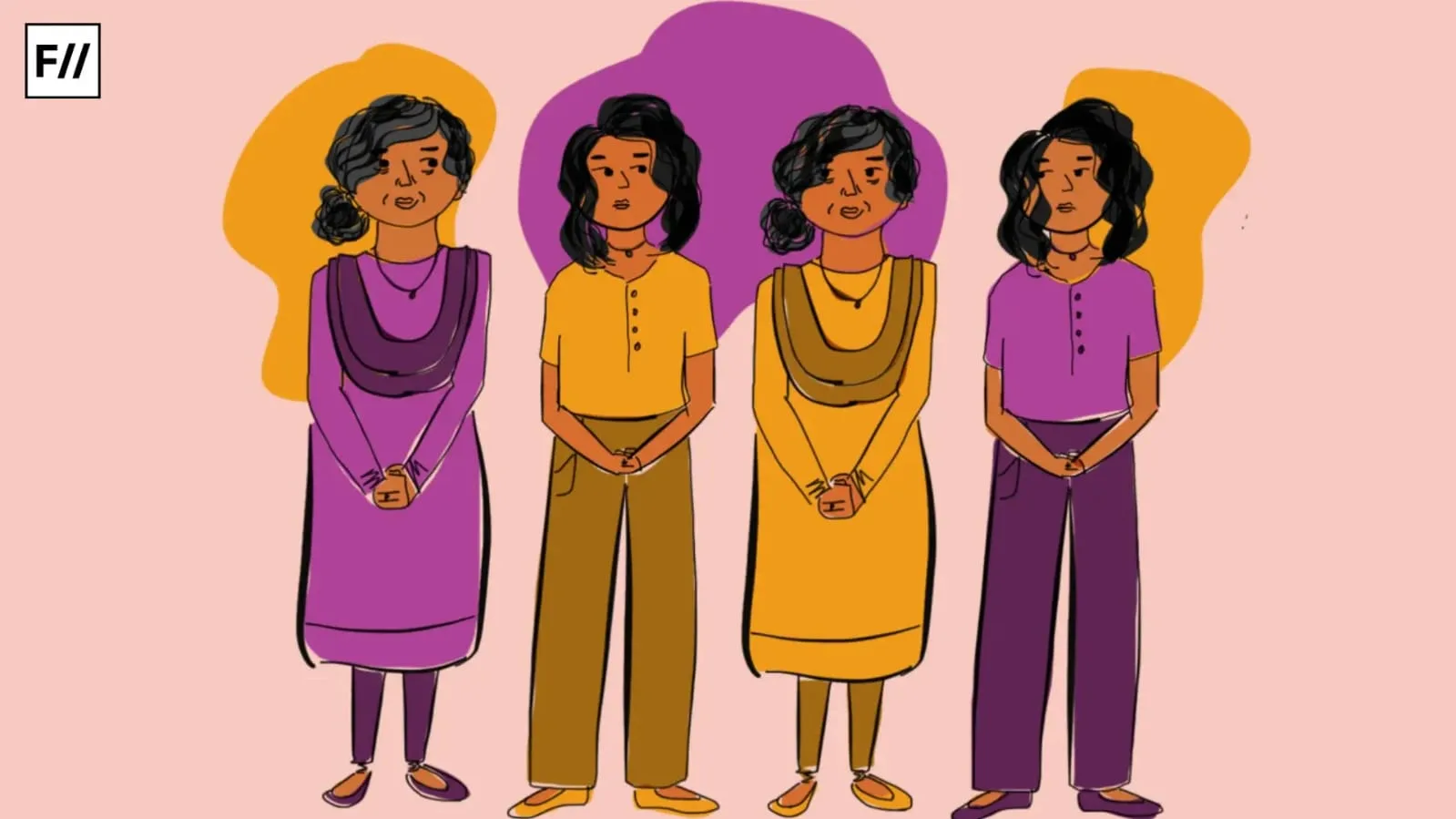In recent years, loneliness has transcended its status as a personal emotion to become a global public health concern, declared by the World Health Organization (WHO) as equivalent to the mortality effects of smoking 15 cigarettes a day. The urgency of this issue has prompted the WHO to establish an international commission on social connection, acknowledging the far-reaching impact of loneliness on health, well-being, and development. This article delves into the multifaceted dimensions of loneliness through a feminist lens, examining its distinct effects on women and unveiling how societal structures and gender dynamics contribute to and exacerbate the problem.
Expanding feminist analysis: unpacking the root causes
To deepen our understanding of loneliness as a feminist issue, it is essential to unpack the root causes that contribute to women’s vulnerability. Societal expectations, gender norms, and systemic inequalities play a pivotal role in shaping women’s experiences of loneliness.
Women often find themselves caught in the crossfire of societal expectations and traditional gender roles. The pressure to conform to predefined roles as caregivers, nurturers, and emotional pillars can lead to isolation. Loneliness, in this context, becomes a consequence of the rigid gender norms that limit women’s agency and perpetuate social isolation.
Economic inequalities, particularly the gender pay gap, can contribute significantly to women’s experiences of loneliness. Unequal access to economic opportunities, coupled with the expectation of shouldering domestic responsibilities, places an undue burden on women. This economic disparity can lead to isolation, limiting women’s ability to engage in social activities and maintain connections outside their immediate familial or professional spheres.
The digital revolution, while connecting the world, has also widened existing disparities. Women, especially in developing countries, may face challenges accessing digital resources and platforms, exacerbating their sense of isolation. Bridging the digital gender divide is crucial for ensuring that women have equal opportunities for social connection, education, and professional networking.
Further, the intersectionality of identities, such as race, class, and sexual orientation, further complicates the experience of loneliness for women.
Further, the intersectionality of identities, such as race, class, and sexual orientation, further complicates the experience of loneliness for women. Marginalised women may face additional barriers in accessing support networks, compounding their sense of isolation. A feminist lens requires recognising and addressing the unique challenges faced by women at the intersections of multiple identities.
Finally, it is important to acknowledge the unequal distribution of caregiving responsibilities, both within families and in broader social contexts, which contributes significantly to women’s loneliness.
The intersection of loneliness and feminism
Loneliness, as acknowledged by the WHO, is a pervasive issue that transcends borders and affects individuals across various demographics. While often considered a problem primarily in developed countries, the rates of social isolation are alarming globally. It is crucial to recognise that loneliness impacts individuals irrespective of gender; however, the ways in which it manifests and is experienced can be deeply influenced by societal expectations and gender norms.
Within the realm of feminism, the lens of intersectionality is crucial. Loneliness is not a standalone issue; rather, it intertwines with various factors such as age, race, socioeconomic status, and, importantly, gender. The impact of loneliness on women, particularly in the context of feminist discourse, is an aspect that demands nuanced attention.
Older women: silent sufferers
The statistics presented by Dr. Vivek Murthy, the US surgeon general, reveal that one in four older people globally experiences social isolation. In older adults, loneliness is associated with a 50% increased risk of developing dementia and a 30% increased risk of incident coronary artery disease or stroke. The silence around the loneliness of older women, often exacerbated by societal expectations and the invisibility of elderly women in public discourse, is a feminist concern. Feminism calls for dismantling ageist stereotypes and recognising the unique challenges faced by older women in maintaining connections and social engagement.
Furthermore, the social and economic consequences for older women experiencing loneliness are profound. Limited social interactions can lead to diminished access to support systems, healthcare, and opportunities for personal fulfillment. Feminist advocacy in this context involves challenging ageism, promoting inclusive policies that cater to the needs of older women, and fostering a society that values the contributions of individuals across all age groups.
Young women: navigating loneliness in a digital divide
Young people, constituting a significant portion of the global population, face unique challenges related to loneliness. In Africa, where the majority are young people, factors such as peace, security, the climate crisis, and high unemployment contribute to social isolation. Chido Mpemba, the African Union youth envoy, highlights the impact of the digital divide on vulnerable populations, excluding them from the realms of connection. For young women, the intersectionality of gender and age magnifies the challenges, as they navigate societal expectations, economic uncertainties, and the pressures of a digitalised world.

The digital gender divide, a subset of the broader digital divide, disproportionately affects women’s access to information, education, and opportunities for social connection. While technological advancements have the potential to bridge gaps and foster communication, the reality is that women, especially in developing countries, may face challenges accessing digital resources and platforms. This exacerbates their sense of isolation, limiting their ability to engage in social activities, educational pursuits, and maintain connections beyond their immediate surroundings.
Feminist perspectives assert the importance of dismantling barriers to digital inclusion. This involves advocating for policies that address the digital gender divide, providing affordable internet access, implementing digital literacy programs targeted at women, and promoting women’s participation in the tech industry. By addressing these issues, feminist initiatives contribute to creating a more equitable digital landscape, ensuring that women, regardless of their socio-economic background, have equal opportunities for social connection, education, and professional networking.
Education and economic consequences:
Loneliness among young people, as highlighted in the data, can lead to adverse consequences such as dropping out of university and experiencing poorer economic outcomes. For young women, the stakes are higher as they grapple not only with academic pressures but also societal expectations related to career choices and balancing familial responsibilities.
Education is often touted as a pathway to social mobility, but the intersectionality of gender and age introduces unique challenges for young women. Societal expectations and gender norms may pressure young women to prioritise caregiving roles over educational pursuits, limiting their opportunities for personal and professional development. Feminist perspectives emphasise the need to create inclusive spaces in education that recognise and address the unique challenges faced by women in their pursuit of education and professional success.
Moreover, the economic consequences of loneliness for young women extend beyond education. Feeling disconnected and unsupported in a job can lead to poorer job satisfaction and performance. Women, already navigating workplace inequalities, may find themselves further disadvantaged when grappling with loneliness. Feminist discourse in this context advocates for workplace policies that prioritise mental health, create supportive environments, and challenge gendered expectations that contribute to women’s isolation in professional settings.
From older women suffering silently to young women navigating the challenges of a digitalised world, loneliness intersects with gender dynamics in multifaceted ways
In conclusion, loneliness, now recognised as a global public health threat, requires a comprehensive feminist analysis to understand its nuanced impact on women. From older women suffering silently to young women navigating the challenges of a digitalised world, loneliness intersects with gender dynamics in multifaceted ways. As the WHO commission on social connection embarks on a three-year journey to address this issue, it is imperative to integrate feminist perspectives, dismantling gendered expectations and fostering inclusive environments that nurture connection and well-being for all.
About the author(s)
Harshi is a writer and LGBTQ+ rights activist. She is also a self-identified singer. Her preferred pronouns are she/they and she identifies as a Non Binary Transwomxn. Raised to be someone who should just accept the norm , she has spent the last decade reading and writing about eccentric people and their experiences around her. Harshi has completed B.A.(HONS.) English from the University of Delhi and M.A. in English from Amity University. She cautions anyone who is thinking of doing the same. She thinks she is a realist, she still hopes to see some good change in the history of Human Rights in her country with a little contribution from her writing and activism. You can find her on Instagram- iamharshib.








